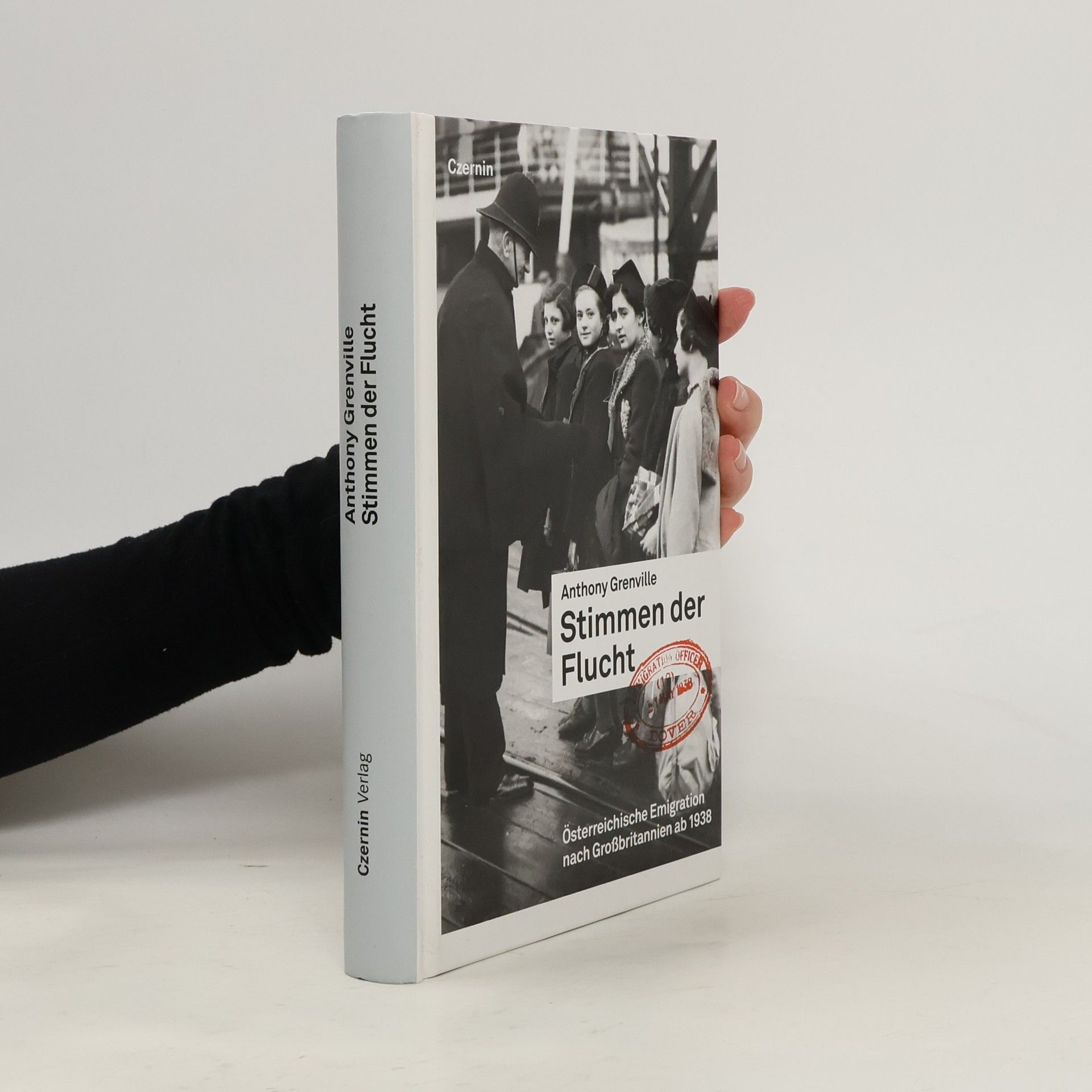Zwischen dem Anschluss und dem Ausbruch des Zweiten Weltkriegs nahm Großbritannien über 30.000 vor den Nazis geflüchtete Österreicher auf, darunter etwa 90 Prozent Juden. In nur 18 Monaten wanderte fast ein Sechstel der österreichisch-jüdischen Bevölkerung nach Großbritannien aus, was das Land zu einem wichtigen Ziel für die Emigration machte. Trotz der lebendigen wienerischen Kultur in Großbritannien fehlt eine Dokumentation über das Leben der österreichischen Flüchtlinge nach dem Krieg. Die britischen Behörden unterschieden nicht zwischen jüdischen Einwanderern aus Österreich und Deutschland, was es Historikern erschwert, Quellenmaterial zu den ehemaligen Österreichern im Nachkriegs-Großbritannien zu finden. Das Buch basiert auf zahlreichen Interviews mit österreichischen Juden, die nach dem Anschluss nach Großbritannien flohen. Diese Interviews bieten wertvolle Einblicke in ihre Kindheit und Jugend in Österreich, die Verfolgung durch die Nazis, die Emigration sowie die Integration in die britische Gesellschaft. Zudem beleuchten sie das Selbstverständnis der „Jewish refugees“ und deren britisch-jüdisch-österreichische Identität, ihr Verhältnis zur Vergangenheit und zum heutigen Österreich.
Anthony Grenville Boeken
